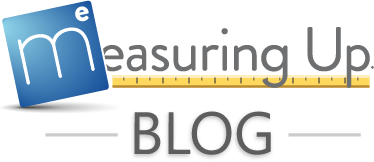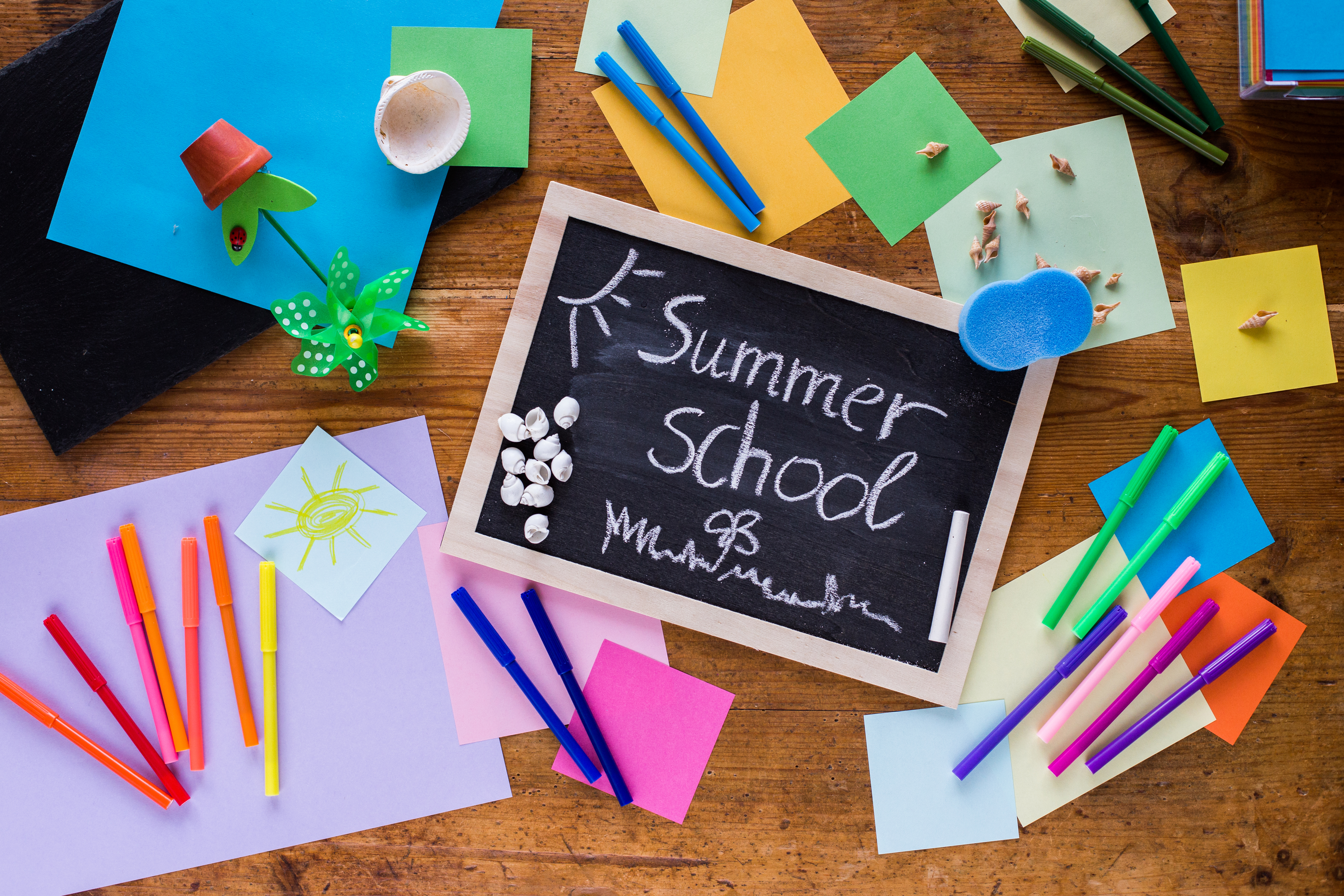Summer Learning Narrows the Achievement Gap
Summer is almost here. For many, it’s a time to relax and leave schoolwork worries behind. However, by the time school starts up again in the fall, many students will have forgotten a good percentage of what they learned the previous year. Looking just at mathematics, most students lose about two months of grade-level efficiency in mathematical equivalency skills over the summer months, according to an often-cited study by Cooper, Nye, Charleston, and Greathouse.[1] Lower income students and English learners lose even more skills than their peers.
Many schools encourage students to continue reading during the summer months to prevent learning loss. However, according to an article published by the Harvard Graduate School of Education, the loss of math skills over the summer is even greater than that in reading proficiency. Harvard faculty member Joanna Christodoulou explains why: most parents have been encouraged to utilize reading in everyday life with their children, but they tend not to integrate math in the same way. She argues, “…it is easy to overlook the presence of math in everyday activities, like measurement in cooking, calculation when dealing with money, or distance while driving.”[2] With this research in mind, it’s easy to see why students start school each fall at a deficit.
To complicate the issue further, summer learning loss also impacts test scores and preparedness, and this achievement gap widens when you compare results between middle class and disadvantaged students. By the ninth grade, two thirds of this gap can be explained by unequal access to summer learning opportunities in the elementary grades. Many of these students move on to higher grades at a deficit, where they tend to be placed into lower-level classes, thus becoming more likely to drop out, and are less likely to attend college or be career ready.
The solution is summer learning. But what does that mean? Summer learning does not necessarily have to equal summer school in the traditional sense. For students who don’t have access to traditional summer learning programs, we can offer alternative, positive methods to promote learning, especially for struggling students. According to the Wallace Foundation, strategies for preventing summer learning loss include identifying effective summer learning programs and approaches, replicating these effective programs, or even establishing extended-year or year-round schools that incorporate practices and approaches from effective summer learning programs.[3]
Summer learning programs that accomplish meaningful goals have a few things in common:
- They engage students in recreational and enrichment activities, as well as activities focused on building positive relationships with peers and adults.
- They blend remediation with enrichment activities and more advanced curricula.
- They are attended by students of varied skill levels.
- They are voluntary and take place over a full day.[4]
When programs are designed with these fundamentals in mind and communities support the whole child for the whole year, students thrive. High-quality summer learning programs improve academic skills as well as motivation and relationships. Effective summer learning can be cost-effective and extremely targeted by using tools such as the Measuring Up Live 2.0 program or the Measuring Up instructional worktexts. While Measuring Up Live pinpoints gaps in student knowledge and provides adaptive practice to target learning standards deficiencies, the print instructional worktexts provide educators with the skills and standards knowledge to narrow the learning gap.
Measuring Up from Mastery Education provides supplemental instructional and practice materials that are standards-based to meet the state assessments. To learn more about how Measuring Up can work with your summer school curriculum, visit MasteryEducation.com.
[1] “The Effects of Summer Vacation on Achievement Test Scores: A Narrative and Meta-Analytic Review,” by Cooper, H., Nye, B., Charlton, K., Lindsay, J., and Greathouse, S. Review of Educational Research, 66: 227-268, 1996.
[2] “Summer Math Loss: Why Kids Lose Math Knowledge, and How Families Can Act to Counteract,” by Schafer, Leah. Harvard Graduate School of Education: http://www.gse.harvard.edu/news/uk/16/06/summer-math-loss, June 24, 2016.
[3] http://www.wallacefoundation.org/knowledge-center/documents/effective-and-promising-summer-learning-programs.pdf
[4] http://www.wallacefoundation.org/knowledge-center/documents/effective-and-promising-summer-learning-programs.pdf

